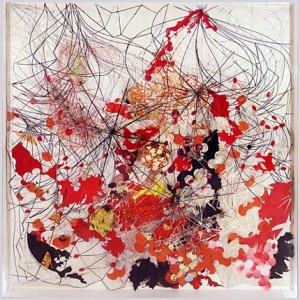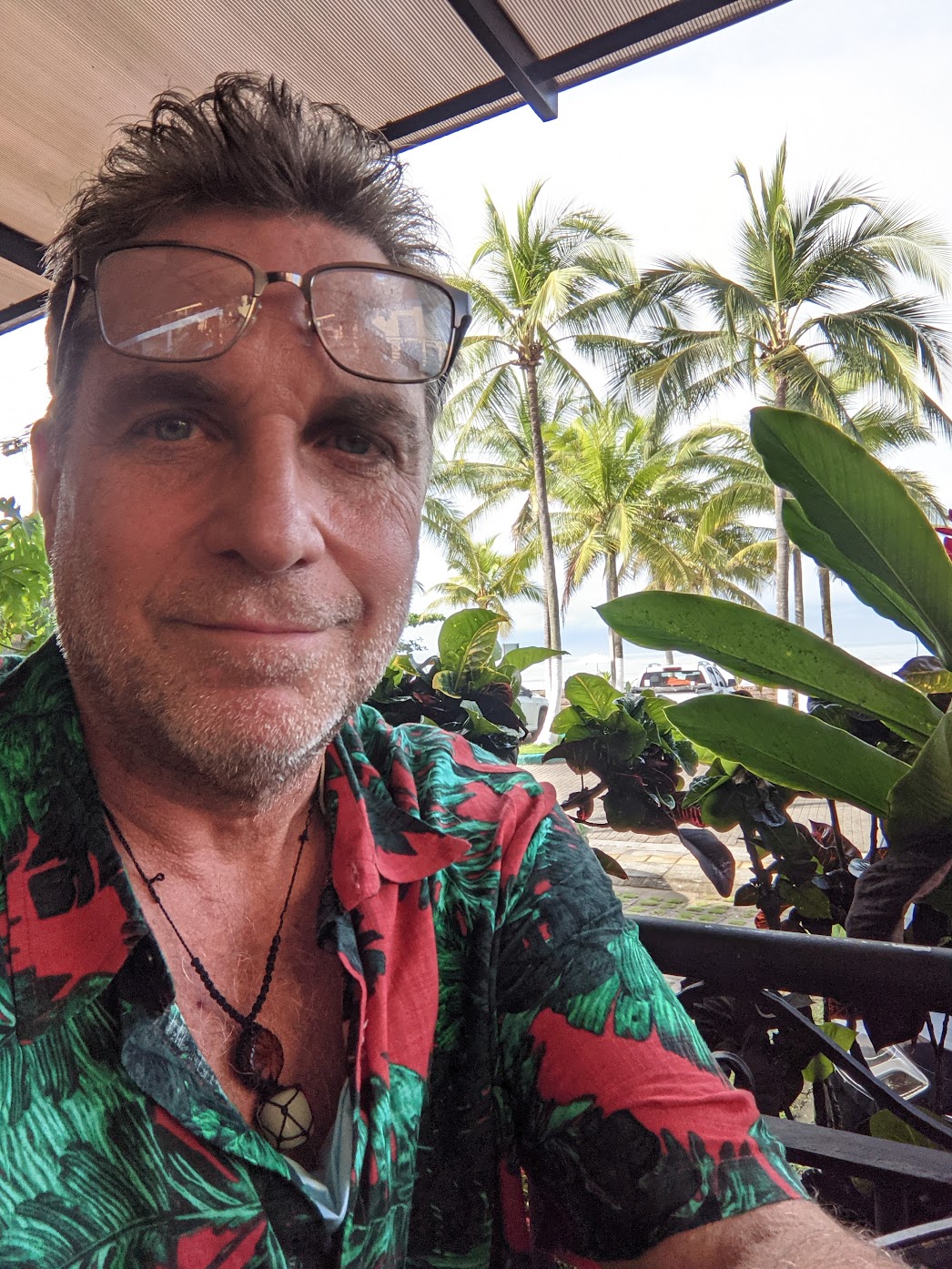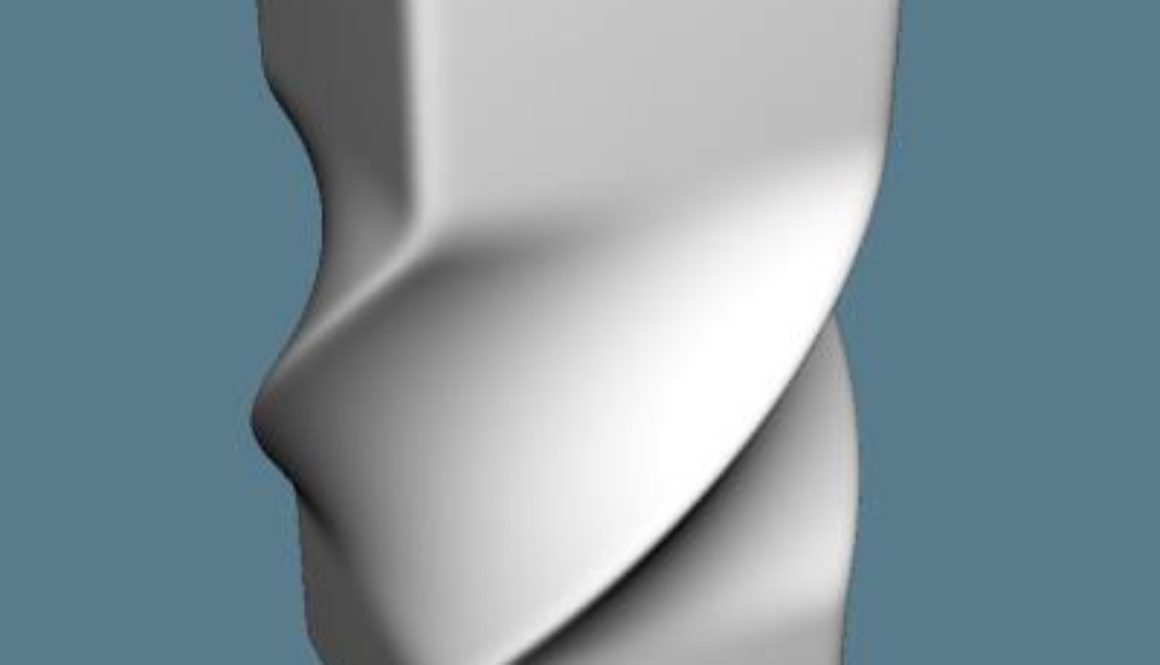The Ecology of Leadership: A Twist on the Idea of Professionalism
In our attempt to be ‘professional’, it seems that our society has become afraid of our own human-ness. Have we lost our sense of how to be with each other in the messiness of our humanity?
 I was reading my LinkedIn Groups this morning and came across Mike Smith’s ‘Life Back West’ thoughts on people, teams, organizations, effectiveness and success (thanks Mike!). Now, it may seem that I jump around here a bit, so buckle your seat belt and see if you can stay with me on this …
I was reading my LinkedIn Groups this morning and came across Mike Smith’s ‘Life Back West’ thoughts on people, teams, organizations, effectiveness and success (thanks Mike!). Now, it may seem that I jump around here a bit, so buckle your seat belt and see if you can stay with me on this …
So, after reading his short blurb on leadership that caught my eye, I went to Mike’s blog planning to oppose what I anticipated would be a description of an old belief system that suggests, if we are professional, our feelings are to be suppressed in the workplace.
Instead, Mike described how his young son has inspired his professional nature to include expression, compassion, and emotion. Having a young boy myself, I can totally relate to how he and I allow each other space for emotional expression. But then, why is it that we are not allowed too much expression at work without being sited as a problem?
 It seems that our society has become afraid of our own human-ness. Have we lost our sense of how to be with each other in the messiness of our humanity? For me, today’s sorely needed emerging leaders can not be likened anymore to the stoic guy on a horse riding off into the sunset after he single-handedly saves the town from Godzilla. Why? Because this guy (usually someone we all aspire to be) rarely shows the kind of emotion that allows for each of us to change ourselves – a collective transformation. Rather, the so-called hero tends to be about eliminating a problem by taking out the people that go with it. This doesn’t work anymore.
It seems that our society has become afraid of our own human-ness. Have we lost our sense of how to be with each other in the messiness of our humanity? For me, today’s sorely needed emerging leaders can not be likened anymore to the stoic guy on a horse riding off into the sunset after he single-handedly saves the town from Godzilla. Why? Because this guy (usually someone we all aspire to be) rarely shows the kind of emotion that allows for each of us to change ourselves – a collective transformation. Rather, the so-called hero tends to be about eliminating a problem by taking out the people that go with it. This doesn’t work anymore.
What if instead, we began to choose our leaders (at least in part) based on how well they have learned to express their emotions, and how well they exemplify ways to share the messiness of their own humanity, while also being able to hold space for others to do the same?
I propose that we dare ourselves to allow more messiness in the workplace by helping to teach and “lead” groups through spells of negative emotion, rather than try to find ways to avoid or expel it. No more heroes of elimination. The key here is teaching groups or teams to hold space for their peers during their time of need, rather than expect the so-called leader to do it alone. This is known as collective leadership, or an ecology of leadership. And I believe that, using this approach, gold can be found within the mines (minds?) of our organizations, which will generate amazing new forms of innovation. Why? Because the form and function of all innovation is the result of the expression of the group (or company) who created it. Seems we may have forgotten the fact that companies are made of people, from which products and services are an outcome; and not the other way around?
Daniel Goleman’s talk on TED points to this evolved form of leadership that I speak of here.
It starts with what he calls a ‘human moment’, which are the times when we are paying full attention to the person(s) we are with. He suggests that there is zero correlation between intelligence and the awareness of another (this is known as compassion). Yet we hire our leaders and managers almost completely based on their level of intelligence and rarely rate them based on their ability to express themselves, to show compassion, or their ability hold a group through troubling periods. Why is that?
Also interesting is that he correlates the rapid growth of information to compassion, and it makes sense! Creating this new synergy of perspectives begins to define what I like to call an ‘ecology of leadership’ – a new process of thought and relationship-building. It is an evolved form of collaboration where, as we become more present to the relationships in our lives, it actually helps to form a unified ‘whole’ world that works better, while also increasing personal identity and individual value at the same time. How cool is that?!
Now, this is a bit of a paradox because our increasing access to information often pulls us away from being present with each other. But we have to remember that both are happening at the same time. What I am trying to suggest is that an ecology of leadership, along with increased awareness of our relationships, is changing the meaning of ‘professionalism’. It is morphing into something completely different than we know it today. In ecological terms, this means that even the concept of “the leader” has lived out it’s time, and we now need to consider what a collective leadership can look like. This evolutionary process will empower each of us, rather than just a mere few of us, and can then be carried into any group dynamics to help generate a deeper form of authenticity, purpose, and meaning within ourselves and our companies.
If your mind is spinning a bit, it suggests that the well goes deep here. I plan to write more about this in my blogging. But for now, let us all reconsider what it means to be a “professional”, and discuss together what kind of “leadership” we want and need in this new, interconnected world of ours.
[ See related content on Authentic Leadership]
Learn more about the author, Vic Desotelle

